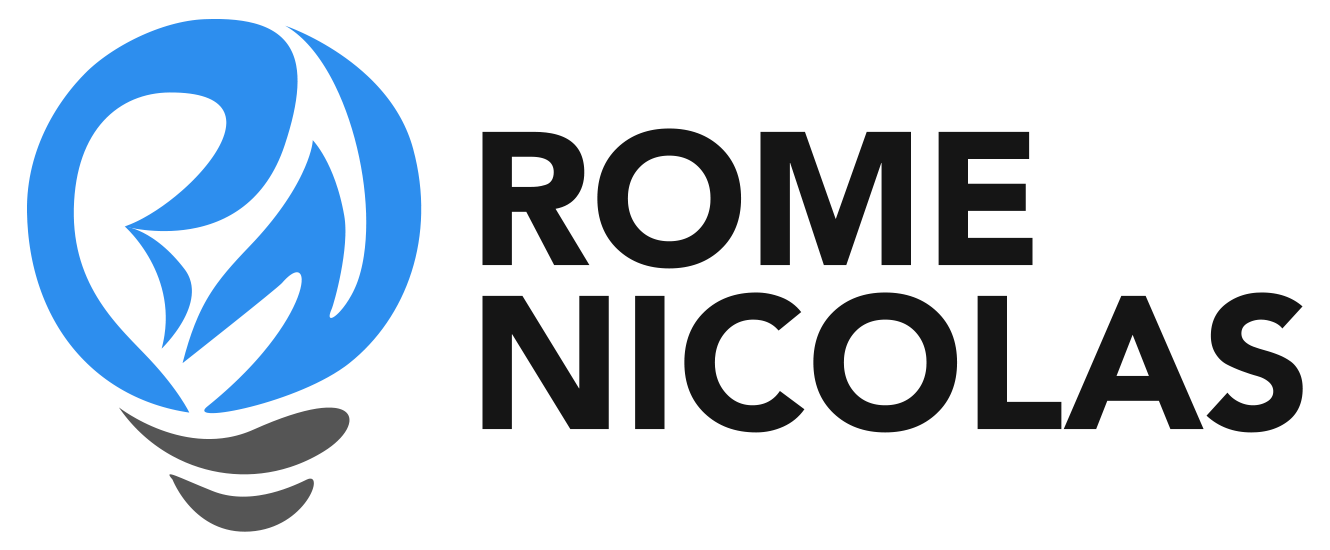As a Filipino, the idea of investing is always challenging for many. We can hear stories about people involved in a scam because many wanted instant money with fewer efforts.
We talked about financial literacy last time, and I shared about how it is about using our money wisely, not just making more and more money.
In today’s blog, I’ll share some investing tips that I apply to myself that you may also copy (if you like to). I’ve learned most of these things from talking to my friends and the popular Reddit community.
Here’s my 5-step investing rule that you should consider:
1. Pay your debts.
Before even considering to make more money, make sure you don’t owe anyone money. Yes, there may be some scenarios that we can consider, but, in general, don’t even consider owing money from others to gamble in your investments. Most of the time, it will turn out bad, and things will only get worse from there.
2. Minimize your expenses.
Most people survive each money with almost zero money and no budget tracking in place. For people who are spending a lot of extra on unnecessary stuff, it’s time to simplify your lifestyle. Consider some cheaper alternatives to your usual luxury.
3. Build an emergency fund.
This will protect your investment from unnecessary withdrawal. An emergency fund is one of the best things you should have before considering investing in higher-risk opportunities. In general, an emergency fund may consist of 3-6 months’ worth of monthly expenses. If you don’t even know that number, track your daily expenses. Make sure to put this money in a high-interest bank account that you can easily withdraw when you need cash.
4. Set your financial goals.
Having a milestone for your financial efforts will motivate you to focus on reaching those goals. As you already have your financial goals in mind, you can then find financial instruments available to explore ways to achieve that goal.
5. Invest in educating yourself.
This is where you’ll need more educational tips from sound financial advisors. Friendly tip: the financial advisors that will help you get into your financial goals is likely not to sell life insurance the first time you meet with them.
I’m actively educating myself on the following financial instruments that you also consider at your own risk:
- Health Insurance
- PAG-IBIG MP2
- Stock Market
- Mutual Funds
- Life Insurance
- Cooperatives
That’s it! 🙂
Investing is a continuous learning process. It’s always about knowing how much risk you’re willing to take and how closer you are to your goals.
I hope you learned something new today. If you have friends who needed to know this, please let them know.





8 Responses
I really agree with numbers 2,3 and 4. Sometimes we have to lessen our expenses, especially to our needs daily. That’s why tracking finances is much convenient for me, so I can control my money on daily basis. I always set aside extra bucks for some emergency purposes. As growing older, I have these unpredicted body illnesses such as flu, panic attacks, and of course my hyperlipidemia. This is really helpful!
I agree to all of these. We need to be financially educated. We have keep track all our money going in and out. Don’t waste your time without earning. Char hahaha
during this pandemic i had a lot of debts and used my credit card a lot, with a mindset na i will pay for part of the debt each salary and if naa bonus
I love that you put “Pay your debts” in #1, Rome. Based from experience, it is difficult to build emergency funds if you have debts to pay along with other regular bills to pay. I would also like to add REAL ESTATE in your investment list to consider. There is more to real estate than house and lot and homeownership. You can grow your money in real estate through appreciation and rental income, too. Thank you for advocating for financial literacy, Rome. Continue to make insightful and helpful content. 🙂
This is amazing. One will have to carefully set his/her financial goals and build himself/herself into it. It’s also important to choose the right financial instruments to invest in because some of them are volatile. No one wants to lose all their hard-earned money for taking a big risk. Hence, it’s necessary to educate oneself about financial education.
Thanks for this, Rome. This is very useful. I must that before I never thought investment but later on, I realized how important it is to be ready, have enough and have some more to spare. I agree with number 1. When I started my business, I thought of having a loan but I didn’t push through. Little efforts of saving is much better than jumping into something I am not sure if I could manage. I must say that I am conservative investor and still learning a lot about investing.
Thank you for these very helpful tips Rome. I am currently putting more money into my emergency fund. I realized that I need more than I actually prepared initially. Hahaha. While doing that, I am on the phase of education myself where I can put my money and where to invest. Thank you for sharing those financial instruments!
To add value to this post, I’d like to recommend some modifications. DO CONSIDER PERA but for now only accessible via BPI and BDO. Amongst the three types of Pooled Funds, although Mutual Funds is one option, in terms of fees, the cheapest would be UITFs (via banks) and sometimes ETFs (Exchange Traded Funds – which demands on stock market fluctuations). For Health, it’s good to have both public health (PhilHealth) and either a Health Insurance or HMO (depending on your needs and capacity). For Coops, it highly depends on the Coops portfolio of investments, income generation capabilities and overall performance – so choose your coops wisely!